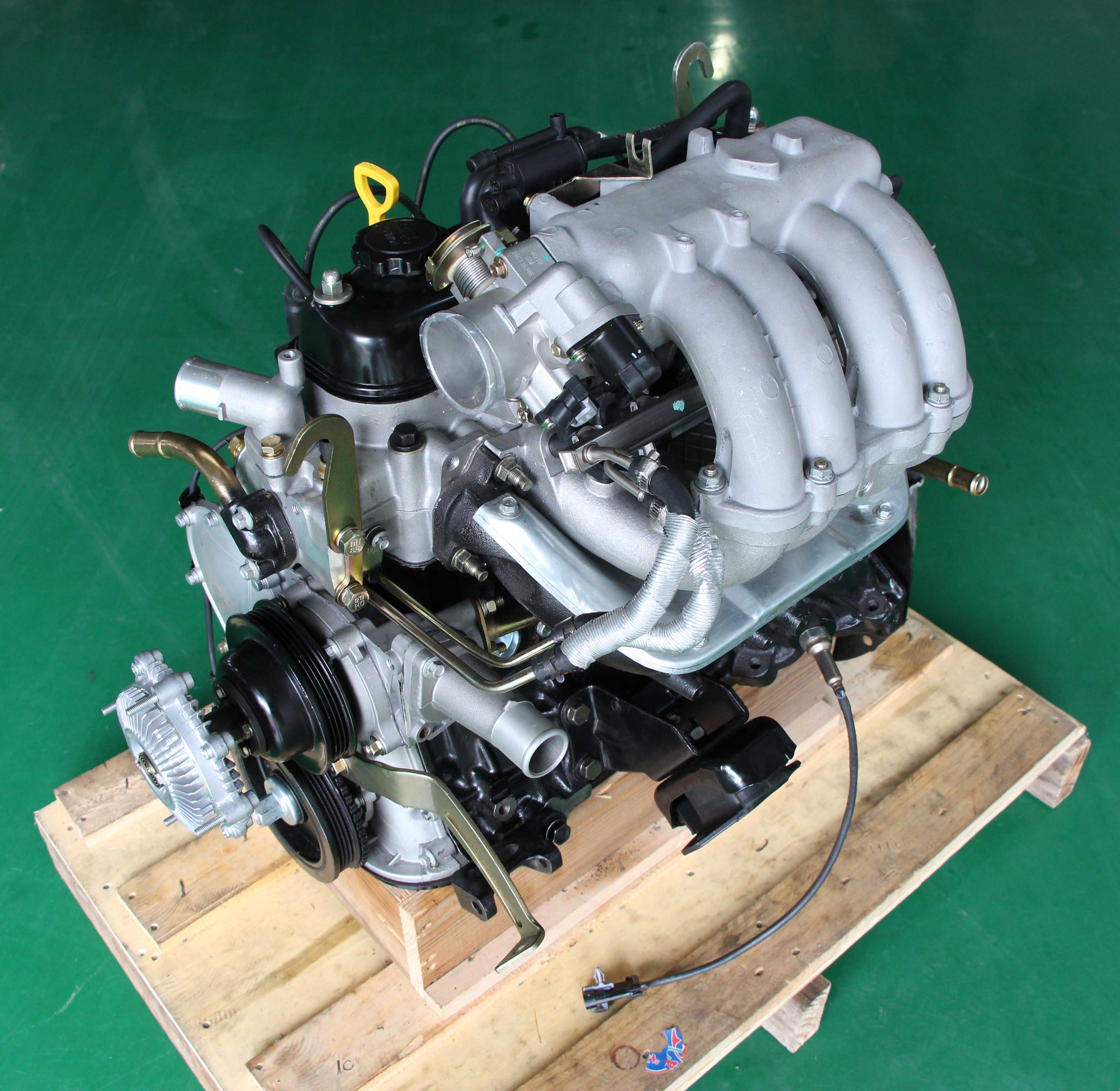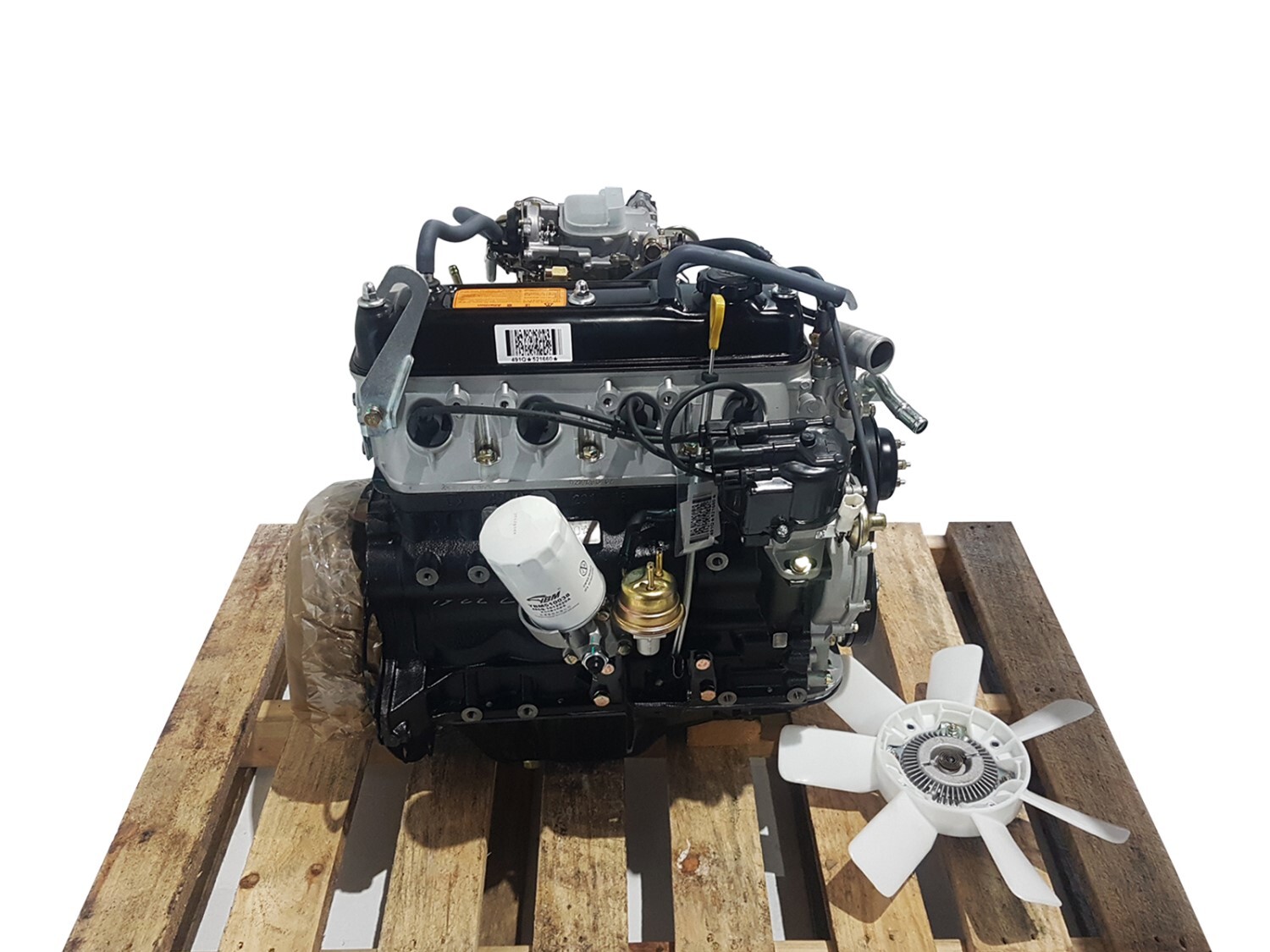The Ultimate Guide to the Engine: Secret Insights for every single Automobile Lover
Comprehending the engine is essential for any automotive enthusiast, as it works as the heart of the car and determines its efficiency. This overview supplies an extensive evaluation of engine composition, types, and the auto mechanics behind their procedure, consisting of the innovative innovations that are reshaping the vehicle landscape. Moreover, it underscores the crucial nature of maintenance practices that can considerably influence an engine's life expectancy. Nevertheless, the complexities of engine dynamics and the most recent improvements in modern technology existing inquiries that merit more exploration. What might these understandings disclose concerning the future of automobile design?
Composition of an Engine
Understanding the makeup of an engine is crucial for any kind of vehicle fanatic seeking to dig deeper right into vehicle technicians. An internal combustion engine mainly includes several vital elements that work in unison to transform gas into mechanical energy.
At the heart of this system lies the cylinder block, which houses the cylinders where combustion takes place. Piston motion within these cylinders is helped with by the crankshaft, which equates straight movement right into rotational power. Additionally, the camshaft plays a vital duty in regulating the opening and closing of the engine's shutoffs, making certain correct air-fuel mix intake and exhaust gas expulsion.
Various other vital parts include the gas system, which provides the engine with the necessary fuel, and the ignition system, in charge of starting burning - 4y engine. The air conditioning and lubrication systems are likewise indispensable, maintaining optimal operating temperatures and minimizing friction, specifically
Engine Types and Configurations
A diverse series of engine kinds and setups exists, each offering unique advantages and downsides tailored to various driving requirements and preferences. The most common engine kinds consist of inline, V, flat, and rotating arrangements.
Inline engines, including cyndrical tubes arranged in a solitary line, are understood for their simplicity and efficiency. They are usually found in small vehicles, offering a balance of power and economic climate. V engines, characterized by their 2 financial institutions of cyndrical tubes prepared in a V form, give greater performance and smoother procedure, making them preferred in sporting activities and deluxe autos.
Level engines, or boxer engines, have flat opposed cyndrical tubes, which contribute to a lower center of gravity, improving automobile security. These are frequently seen in brands like Subaru and Porsche.
Rotating engines, although much less common, utilize an unique layout with a triangular blades and offer high power-to-weight proportions. They master compact and light-weight applications, largely seen in Mazda automobiles.
Each engine type offers details efficiency characteristics, weight distributions, and gas efficiencies, making certain that automobile enthusiasts can pick the right engine arrangement to match their driving design and vehicle requirements.

Just How Engines Work
Engines, no matter of their type or arrangement, operate on fundamental concepts that control their performance and effectiveness. At their core, engines convert gas right into power with a Source series of regulated surges or compressions. This process usually involves 4 main strokes: intake, compression, power, and exhaust.
Throughout the intake stroke, the engine attracts in a combination of air and gas. In the power stroke, a stimulate ignites the compressed combination (in gasoline engines) or the mix ignites spontaneously (in diesel engines), resulting in a rapid growth of gases that presses the piston down.
The effectiveness of an engine is affected by various variables, including the style of the combustion chamber, the kind of fuel made use of, and the precision of the engine's parts. Understanding these basic concepts is important for cars and truck lovers who look for to appreciate the complex technicians behind their automobiles, in addition to for those intending to boost performance with modifications and tuning.
Innovations in Engine Innovation
Recently, developments in engine innovation have actually dramatically changed the automobile landscape, boosting both performance and environmental sustainability. One of one of the most noteworthy innovations is the advancement of turbocharging and supercharging, which allows smaller engines to create greater power outcomes without sacrificing gas efficiency. This has actually resulted in a surge in the popularity of downsized engines, supplying producers with the capacity to meet rigid emissions regulations while maintaining efficiency standards.
Additionally, hybrid and electric powertrains are reshaping the engine paradigm. Hybrid systems integrate internal burning engines with electrical motors, maximizing gas intake and minimizing exhausts. Completely electric cars (EVs) get rid of the burning engine entirely, depending on advanced battery modern technology to provide immediate torque and outstanding acceleration.
In addition, the assimilation of artificial intelligence and maker discovering in engine monitoring systems enables real-time optimization of performance criteria, enhancing effectiveness and responsiveness. Developments such as variable shutoff timing and direct gas shot additionally improve combustion processes, making best use of power result while decreasing waste.
As the automobile sector continues to progress, these technologies in engine modern technology will certainly play an essential function fit the future of wheelchair, prioritizing read the article both performance and sustainability.
Upkeep Tips for Enthusiasts
Maintaining an engine is as essential as the technologies that boost its performance. Routine upkeep not just extends the life of your engine but additionally makes sure optimal efficiency.
Replace and inspect air filters regularly to make sure correct air flow, which is important for combustion efficiency. A blocked air filter can lead to lowered efficiency and boosted gas usage. Keep an eye on the coolant levels to protect against overheating, and change coolant according to the service routine. 4y engine.

Final Thought
In final thought, a detailed understanding of engine composition, kinds, and technicians is important for vehicle lovers. Normal upkeep techniques, including oil adjustments and air filter checks, are important for making certain optimal engine performance and durability.

Engines, regardless of their type or configuration, run on essential principles that govern their efficiency and performance. In the power stroke, a stimulate stirs up the compressed combination (in gasoline engines) or the mixture ignites spontaneously (in diesel engines), resulting in a quick expansion of gases that pushes the piston down.In recent years, advancements in engine technology have significantly changed the vehicle landscape, improving both efficiency and ecological sustainability.